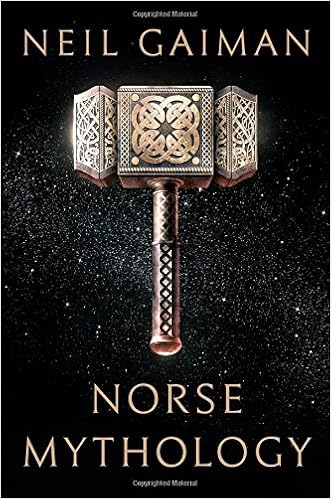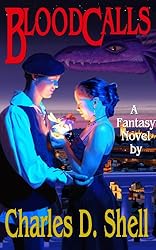
Platinum Magic
by Bruce Davis
I recently bought four small-press novels at the Tucson Festival of Books; I’ve read three of them so far, and though I don’t want to throw anyone under the bus, I have to say: I’m one for three. Two of those books are clearly self-published, because no publishing house, agent, or editor would take these books on: the writing isn’t good, the stories aren’t very good, the characters are terrible.
This one, however, is the good one.
All of those elements are, in this book, well done. The writing is quite good, the story is a lot of fun, the characters are excellent if a bit cliché. The best part of this book, actually, is the world-building: that’s often a sort of weak praise, as many authors – of all levels, professional, amateur, self-published or NYT bestsellers – specialize in the world-building more than the writing. I understand; the world-building is the fun part: you get to make stuff up, fix the problems you see in our world, add interesting things. It’s great, and a lot of authors let their imaginations run wild, usually without considering whether or not the world they create is at all realistic or plausible, or a good place to put a story – the Eragon series is a prime example of this, I think. Christopher Paolini wrote the first book when he was a teenager, and it reads like it: dragons are cool! Magic is cool! Sword-fighting is cool! And the hero (a teenaged boy – weird how that works) masters all three things in short order, and then flies off on his dragon to kick the world’s ass. Cool!
But also, lame.
Anyway, enough of other, worse books: Davis has done an excellent job with this world he’s created. He’s turned our world into a magic world – or perhaps a magic world into our world. The main characters are cops, investigating a murder case that has larger implications; and while those cops are dwarves and half-elves, and they use repeating crossbows rather than firearms, they still function like cops, in a world with precinct politics and public pressures and corruption and everything else that cops actually deal with. In some ways, this reads like a police procedural, just in a fantasy world. It reminded me quite a bit of Glen Cook’s Garret, P.I., series, in that the familiar tropes are put into an unfamiliar situation, and bring those old cliches to new life by doing so.
And just like the Cook series, this book has deep roots: there are political implications to the case these cops are investigating, and the political tensions between races and nations are built on a long history which slowly unfolds over the course of the book, just as it would in a novel with a real-world setting; that was well done. Though I will say that this element was also the source of my one complaint: though I appreciated Davis’s ability to avoid pages and pages of explication of his world’s history and politics, I was also quite confused early on in the story, as there were references made to old political alliances and upheavals that had strong implications in the story’s present, and I didn’t know what the hell the characters were talking about, which was annoying for a while. But it did all become clear in the end, so it was only a temporary annoyance.
I liked the mystery, particularly the twist Davis puts on it – no spoilers, but the perpetrators were involved with interdimensional travel and smuggling, which allowed Davis to step outside his own world, and gave a great surprise in the final conflict – and I really liked the characters, especially the main two cops, Simon Buckley and Haldron Stonebender. I thought the romance was a little too pat, a little too cliché, but it was sweetly written, nonetheless; Davis makes a nice point about love between different races which I liked. And I loved the use of orcs in this as second-class citizens, despised by the more powerful races, treated with deep suspicion and contempt by the cops, forced into ghettoes and menial labor and crime. Davis does what good fantasy should do: make a point about our world through the use of a fantasy lens that focuses our attention in a way that a more familiar setting might not be able to. He does it well, without making his allegory too on-the-nose; he just writes a good story, with some themes that should ring true even to those of us who aren’t part elven.
This book alone was worth the purchase of all four. I would definitely recommend it.
(The book is available here, if you’re interested; since this is the publisher, I expect the author gets the biggest return from this site’s sales.)


